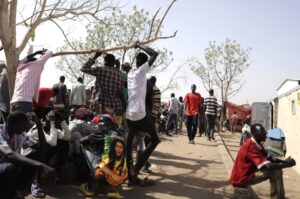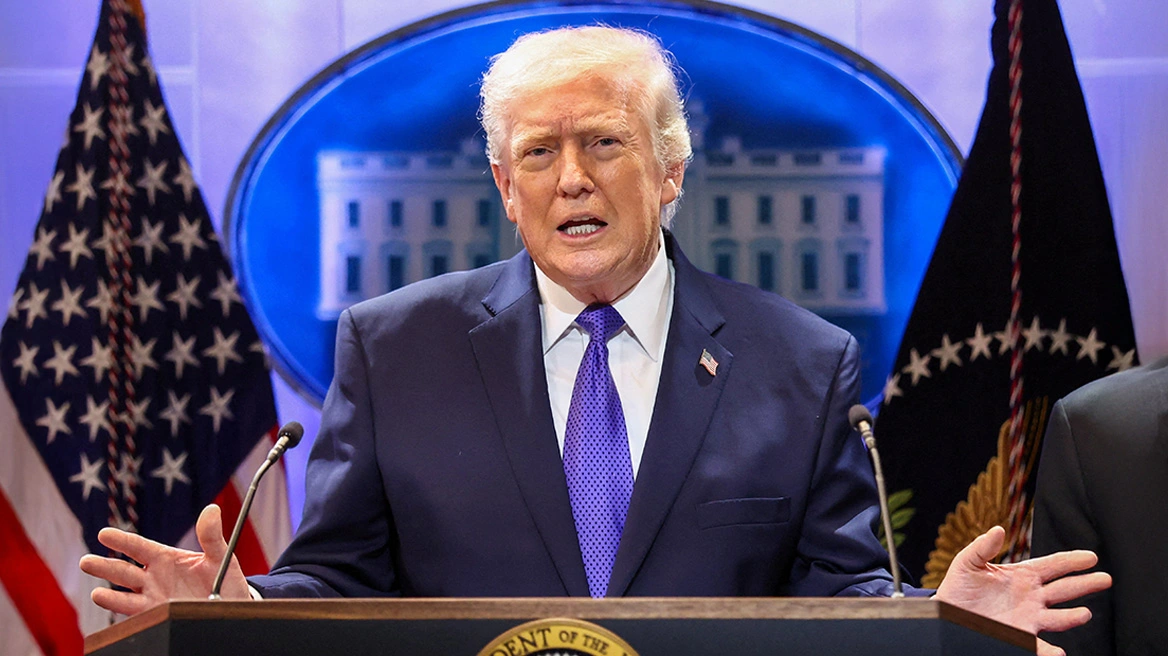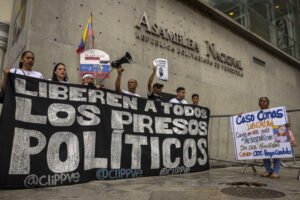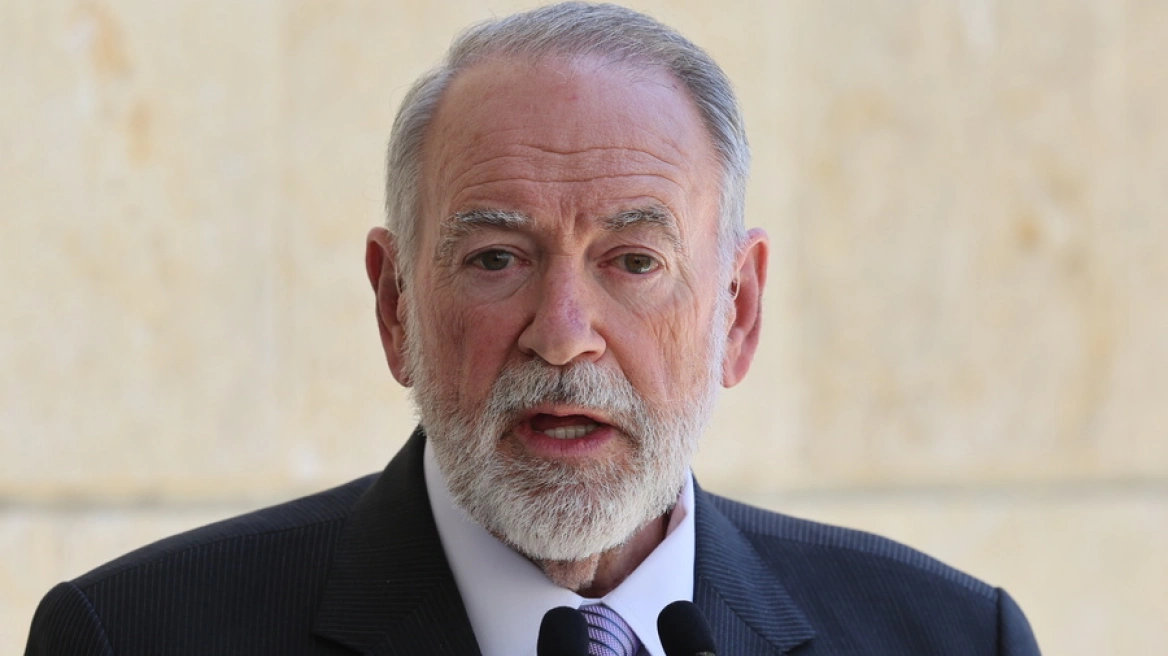The head of the UNHCR warned today that displacement crises in Lebanon and Sudan may worsen but stated that stricter border measures are not the solution, calling them ineffective and sometimes illegal.
Speaking to over 100 diplomats and ministers at the annual UNHCR conference in Geneva, Filippo Grandi said that an unprecedented 123 million people have been displaced globally due to conflicts, persecution, poverty, and climate change.
“One might ask, what can be done? For starters, don’t focus solely on your borders,” he said, urging leaders to consider the root causes of why people are forced to leave their homes.
“You must address the underlying causes of displacement and work towards solutions,” he said. “I urge all of you to continue working together, with humility, to seize every opportunity to find solutions for refugees.”
Without naming specific countries, Grandi criticized initiatives to outsource or suspend asylum systems, noting that such actions violate international law. He also offered assistance to countries in establishing fair, efficient, and lawful asylum processes.
Western governments are under increasing domestic pressure to adopt stricter policies toward asylum seekers. Grandi has previously criticized the UK’s plan to send asylum seekers to Rwanda.
In the same speech, he warned that the situation in Lebanon, where more than a million people have fled due to the escalation of conflict between Israel and Hezbollah, could deteriorate further.
“Certainly, if airstrikes continue, many more will be displaced, and some may decide to move to other countries.”
Grandi also called for a significant increase in support for refugees fleeing Sudan’s civil war, stating that a lack of resources is already pushing many to cross the Mediterranean or even the English Channel to reach the UK.
“In this deadly equation, something must change. Otherwise, no one should be surprised if displacement continues to grow, both in numbers and geographic scope,” he said.
The UNHCR’s response to the Sudan crisis, which aims to assist some of the more than 11 million people within Sudan or neighboring countries, is funded at less than one-third of the necessary amount, Grandi said.
The number of displaced people worldwide has more than doubled in the past decade.
Ask me anything
Explore related questions





